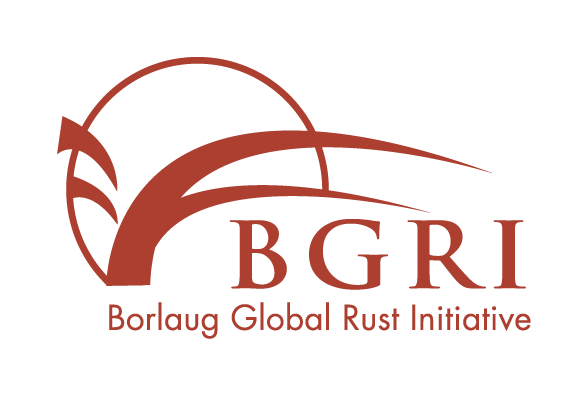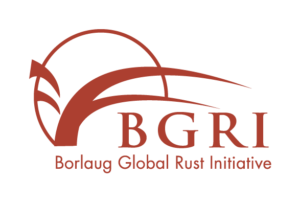The Rust Expression Browser – developed by John Innes Centre researchers – is the first gene expression browser to enable simultaneous interrogation of gene expression data for the notorious yellow rust pathogen and its wheat host.
This new web interface currently hosts 1,024 gene expression datasets in an easy ‘point-and-click’ format to improve access to these valuable but complex data resources. In particular, it hosts hundreds of datasets generated by use of the revolutionary, genomic based ‘field pathogenomics’ technique that was developed in the Saunders Lab.
The yellow rust fungus causes devastating losses to wheat production worldwide and is a serious constraint on UK wheat production.
“The creation of open-access tools like the Rust Expression Browser unleashes powerful new ways for researchers to fight rust diseases,” said Maricelis Acevedo, associate director for science at the BGRI and research professor at Cornell Global Development. “This innovation from Dr. Diane Saunders and her team is a big win for scientists all over the world.”
In a new paper published in BMC Genomics, researchers describe the creation of this new tool and demonstrate its utility for accelerating wheat yellow rust research.
Dr Thomas Adams, the first author said: “We are thrilled to be able to share the wealth of data collected over the years by the lab with the wider community. We hope this will make these datasets more accessible to all researchers, regardless of access to specialist computer systems or any experience with sequencing data.”
Dr Diane Saunders, the corresponding author, commented: “The Rust Expression Browser is a fantastic resource for the global community of rust researchers. This will undoubtedly lead to exciting new insight into the intricacies of the interaction between yellow rust and its wheat host.”
The development of this tool was made possible with the assistance of the John Innes Centre informatics team and the Computing infrastructure for Science team.
A version of this article appeared on the John Innes Centre website





